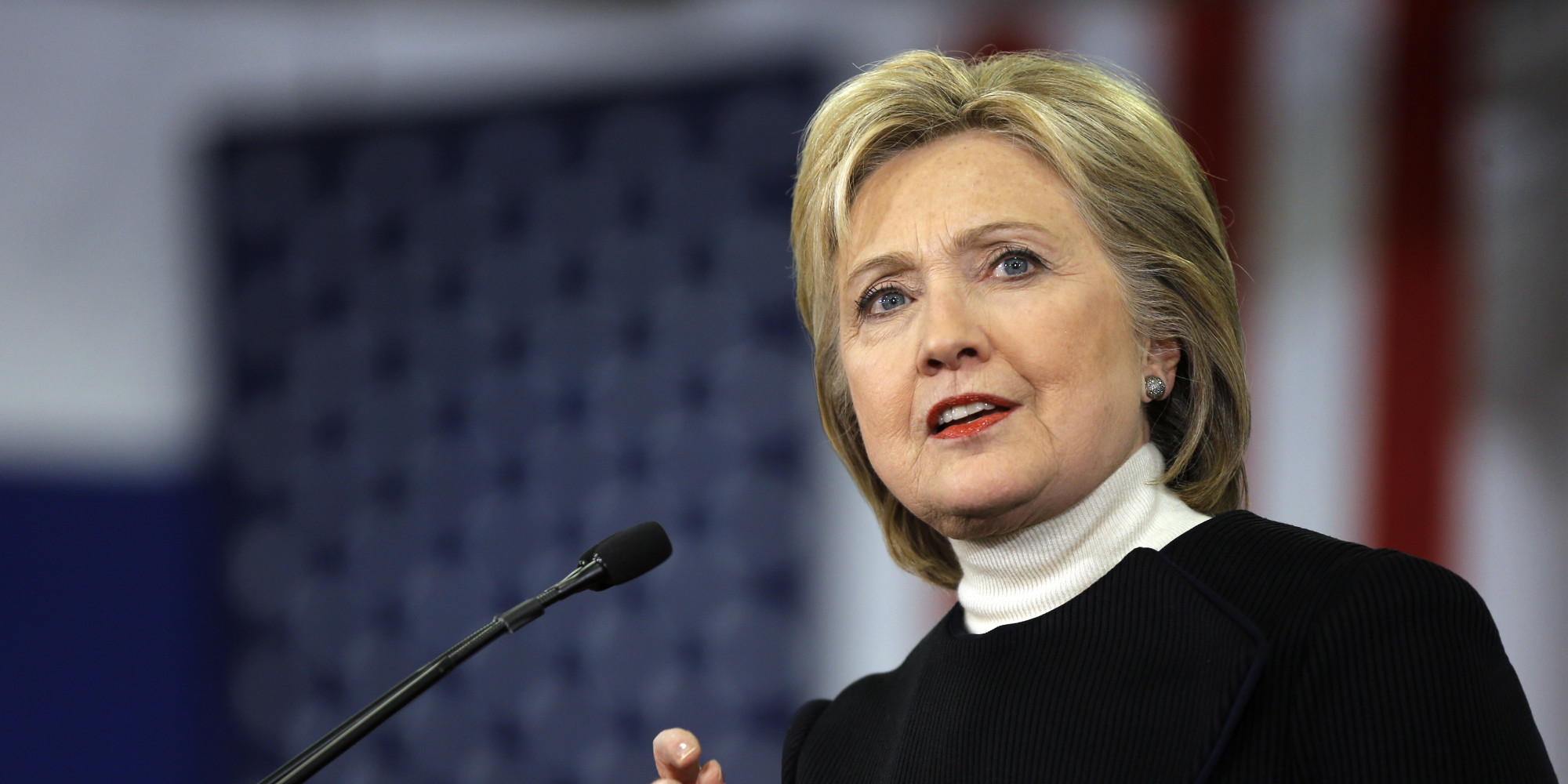
For the first time in American history, a woman took the stage at the presidential debate this election cycle. Hillary Clinton was the first woman to be nominated by a major American party as a presidential candidate and could potentially be the nation’s first female president after 44 consecutive male presidents. Even with Clinton’s breaking of the glass ceiling, it is not hard to see that historically the election process favors males.
Clinton could be described as a listener, rather than a talker. Her method of campaigning has always been more focused on smaller, more personal events throughout her entire political career. She even kicked off her 2000 senate campaign by hosting a listening tour because she wanted to hear voter’s perspectives while shaping her platform. Clinton has continued this method of prioritizing the voter’s voices through the 2016 presidential election. An example of this occurring is when Clinton came to my hometown of South Bend, Indiana as she hosted a private event where she met with local factory workers at the General Motors Plant, while her then opponent Sanders and current opponent Trump spoke to a packed arena full of people.
While Clinton and her team may value the trait of listening, the media and the general public often criticize it. Throughout the primary season, Clinton’s turnout at her personal campaign events in comparison to Bernie’s huge rallies were often under scrutiny. Clinton’s more “feminine” role of being a listener didn’t seem presidential to a lot of people. While, Bernie exemplified the typical, “masculine” trait of being a talker, which historically is considered a presidential trait. This is why so many “Bernie Bros” viewed Clinton’s win as inauthentic because it didn’t seem right to them that the listener could win.
As Clinton takes on the presidential race against Trump, she continues to faces criticism for her smaller events. Trump’s ability to speak at huge rallies has often been the subject of right wing praise. Many of Trump’s supporters view it as more presidential, as very notable presidents from Kennedy to Obama have exemplified this “masculine” trait.
Clinton has one of the strongest networks within politics and has been building these relationships long before her husband ever took the presidential office. She has been noted to collaborate with many people from across the political spectrum on policy issues. These strong relationships built from her collaborative skills were one of the reasons why she greatly surpassed Sanders on the delegate count during the primary. In contrast to Clinton’s more “feminine” collaborative skills, Sanders demonstrated the “masculine” trait of being more independent since he did not have as strong of a network. Even so, many “Bernie Bros” and the media were quick to attribute Clinton’s delegate count to her husband rather than her ability to collaborate.
As the presidential election has continued, Clinton has continued to have a firewall of support within the world of Washington. She has continued to build and maintain her strong relationships made from her collaborative skills. Whereas her opponent does not have this amount of support from other politicians, even within his own party. Many Republicans have actually refused to endorse him and have decried him publicly, a problem Clinton has not had within her party. This can be attributed to the fact that Trump definitely displays the more “masculine” role of independence. He has not build the strong network like Clinton has through her collaborative skills. Although, much of the public refuses to see it this way and instead blame it on Clinton being an insider.
Since the presidential election cycle has been completely dominated by males up until this point, it seems natural for many people to view more “masculine” traits as presidential. This is why Clinton’s opponents have been praised for many of the traits that she displays the antithesis of. Many people actually don’t realize that while Clinton’s traits may be more unconventional for a presidential candidate, they could actually help her in office. Her listening skills could be used diplomatically or her collaborative skills could be used to work across party lines. Her “feminine traits” aren’t a weakness and should not be viewed any lesser than the conventional, “masculine” traits. It’s time that people stop viewing Clinton’s “feminine” traits in a bad light and realize the potential positive change that they could bring to the presidential office.





Comments are closed.